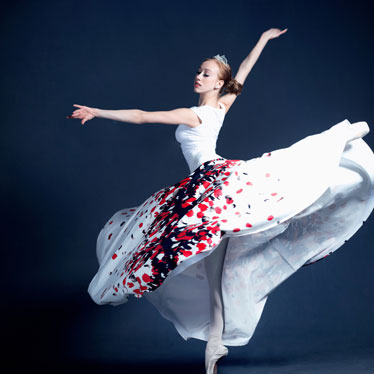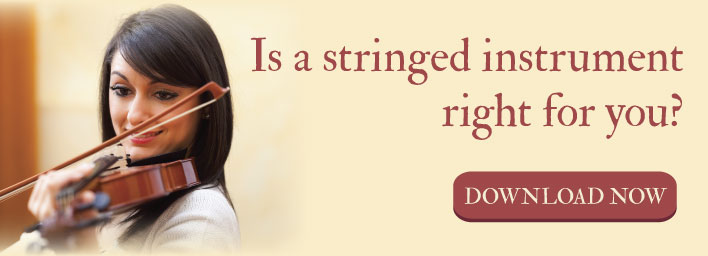Learning From Each Other: Working with Dancers, Singers, and Actors

As a student musician, it can be easy to focus solely on your own output. And while a single-minded emphasis on your own execution, playing techniques, and performance goals is a good thing, it doesn’t help develop a well-rounded artistic experience. For that, you need to observe and work with other artists so that by sharing information you enhance your own skills and strengthen others.
Working with other artists helps you define and sharpen your own musical abilities. Because you get to glimpse other people working at their craft, you’ll pick up hints on how to increase your skill. This type of interaction is reciprocal. You’ll be able to offer insights to them as well. Depending on the type of artist you're able to work with, you’ll learn all sorts of benefits.
Working with Dancers
Performing arts, such as dance, provides musicians with an intimate look at physical movement, in relation to music. When you have the opportunity to work with dancers, you get to see how their motion reflects and emphasizes the music being played, and naturally, you’re able to connect that idea with how you play your music. For example, consider a popular dance that most people are familiar with, The Nutcracker Ballet, especially the Dance of the Sugar Plum Fairies. Examine how Nina Kaptsova moves with each phrase and how her motion complements the music. Don’t watch for enjoyment (you can do that later), view the performance in the same way that quarterbacks watch game film. Slow it down and consider what the dancer is doing at what specific time, and why it’s effective.
Working with dancers can also give you a great sense of timing and where to place accents when playing. Stressing the proper down beat or upbeat, adding stronger vibrato in certain places, and how to improvise to match a performance.
Working with Singers
Singers offer an excellent mutual learning experience for musicians. Vocals are a large part of many pieces of music, and knowing how to work together is a boon for both parties. Say you’re playing the lead in a song, your job is to support the vocalist and orchestrate your sound so that it is a perfect complement. Often you’ll play short licks after the line that emphasize the vocal phrases, or you’ll combine notes. Singers can give you clear insights into how to make it happen, and you’ll be able to show the singer off to his or her best advantage.
For singers and musicians to succeed, they must be able to work together to create a dominant result. In fact, if singers can’t learn to work with a variety of musicians, it’s very hard for them to get anywhere in the music industry. Before you get started, make sure that your music goals align. Otherwise, you’ll just end up frustrated and angry.
Working with Actors
Without being stereotypical, actors are dramatic. Not in a bad way, but in the sense that they are ready to express strong emotions verbally and physically, and they have the ability to do it. This is an important aspect for musicians to learn. When you play music, you want your listeners to be taken out of themselves when they hear it, and to do that, you need to be able to infuse emotions into your performance. Actors know how to do that perfectly.
Collaborating with actors is similar to working with dancers. The music you play helps connect the audience to the scene and the sentiments being expressed by the players. It can be subtle, passionate, or foreboding; whatever is required to convey unspoken thoughts and feelings on stage.
You gain the ability to interpret those emotions through your performance, and working with actors provides a variety of outlets. Shakespeare said,
“All the world’s a stage,
And all the men and women merely players;
They have their exits and their entrances,
And one man in his time plays many parts,” (As You Like It, Act II, Scene VII)
The theatre represents almost every role there is to play. Therefore, you can gain much insight by observing the actors and understanding how to play music that will best complement their roles.
When collaborating with other artists, make sure that you keep an open mind and are able to receive suggestions and criticisms. If you can’t do that, there won’t be any benefit gained by the experience. Since these lessons are nearly impossible to achieve without interacting with other artists, if you want to significantly advance your performance capacity and capabilities, working with dancers, actors, and singers is the way to make that happen.


